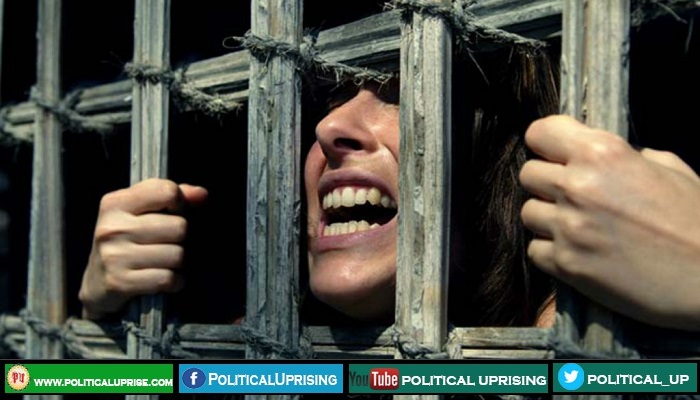Conservative Party was on course for a resounding victory in Britain’s election after voters backed his bid to deliver Brexit on January 31.
Prime Minister Boris Johnson’s Conservative Party was on course for a resounding victory in Britain’s election after voters backed his bid to deliver Brexit on January 31, the country’s most significant geopolitical move in 70 years.
For Johnson, whose 20-week tenure in power has been marked by chaotic scenes in parliament and stark division on the streets over Britain’s tortuous departure from the European Union, the victory in Thursday’s contest is vindication.
Educated at the country’s most elite school and recognizable by his bombastic style, the 55-year-old must not only deliver Brexit but also convince Britons that the contentious divorce, which would lead to lengthy trade talks, is worth it.
Read More:
- United Kingdom snap general election underway dominated by Brexit
- Medical facility near US air base hits by suicide attacker
- Canada,US and Mexico sign trade pact
- New investigation reveals role of US agent in constructing spy Programme
- Controversial bill Sparks Panic and Protests in India
- Brexit critic will not stand in election
A landslide Conservative win would mark the ultimate failure of opponents of Brexit who plotted to thwart a 2016 referendum vote through legislative combat in parliament and prompted some of the biggest protests in recent British history.
It has already become clear that the 2019 general election represents one of the more significant moments in postwar British politics where the shockwaves triggered by the result of the 2016 Brexit referendum have translated into a Conservative landslide in England and Wales and disaster for the Labour party.
Nearly 35 years after the end of the miners’ strike and the ensuing closure of the nation’s pits, angry, frustrated voters in seats like Blyth Valley, in Northumberland, have been prepared to elect a Conservative MP to end the Brexit wrangling and to send Labour the message we are not prepared to elect you.
The headline 10pm exit poll, essentially being borne out by actual results, put the Conservatives in line for 368 seats, the party’s best result since Margaret Thatcher’s third election win in 1987, made all the better for the party given it was on track to lose most of its seats in Scotland to the resurgent SNP.
Labour will end up, in terms of seats, with its worst result since 1935, its share of the vote falling in almost every seat barring a few exceptions where the party had campaigned hard in London, in Putney, where it won, and in Chingford and Woodford Green, where it ran hard, but still lost to Iain Duncan Smith.
It means that the party has lost four elections in a decade, and only one of its leaders, Tony Blair, has triumphed at the polls in over 40 years.
But it is the manner of the defeat that is so telling, where outside London and the big cities of England and Wales, the party lost a string of long-held seats.
Blyth Valley has only elected Labour MPs since it was created in 1950, apart from a brief period when an independent Labour member represented the seat.
Labour lost 15 points, and the seat target number 116 for the Conservatives fell to the Tories on a swing of 10.2%, one of the largest seen on the night.
It rapidly became clear that Labour’s “red wall” had utterly crumbled from the east to the west. Darlington, previously with a majority of 3,280, fell on a 7.4% swing; Workington in Cumbria, previous majority 3,925, fell to the Tories on a 9.7% swing. In North Wales, the party lost Clwyd South on a 7.5% swing.
Labour candidates tended to lose support to the Conservatives, Lib Dems and the Brexit party, but in some cases, such as Barnsley Central and Barnsley East, sitting Labour MPs were saved by Nigel Farage’s party securing 30% and 29% of the vote respectively, votes that might otherwise have gone to the Tories.
The opposition did fare better in pro-remain London, winning Putney on a swing of 6.6% but it proved to be a largely isolated result, in other seats once held and targeted by Labour the party moved further and further away, in Nuneaton, a 2015 key marginal, the swing to Conservatives was 9.4%.
The 2019 election turned out exactly as billed the Brexit election and Labour’s counter, post-austerity narrative failed to resonate, the question will be whether this amounts to a permanent alignment in British politics, with echoes of Trump-era United States, or a one-off attempt by the public to get Brexit over the line.
Conservative Party win big majority in UK election.



